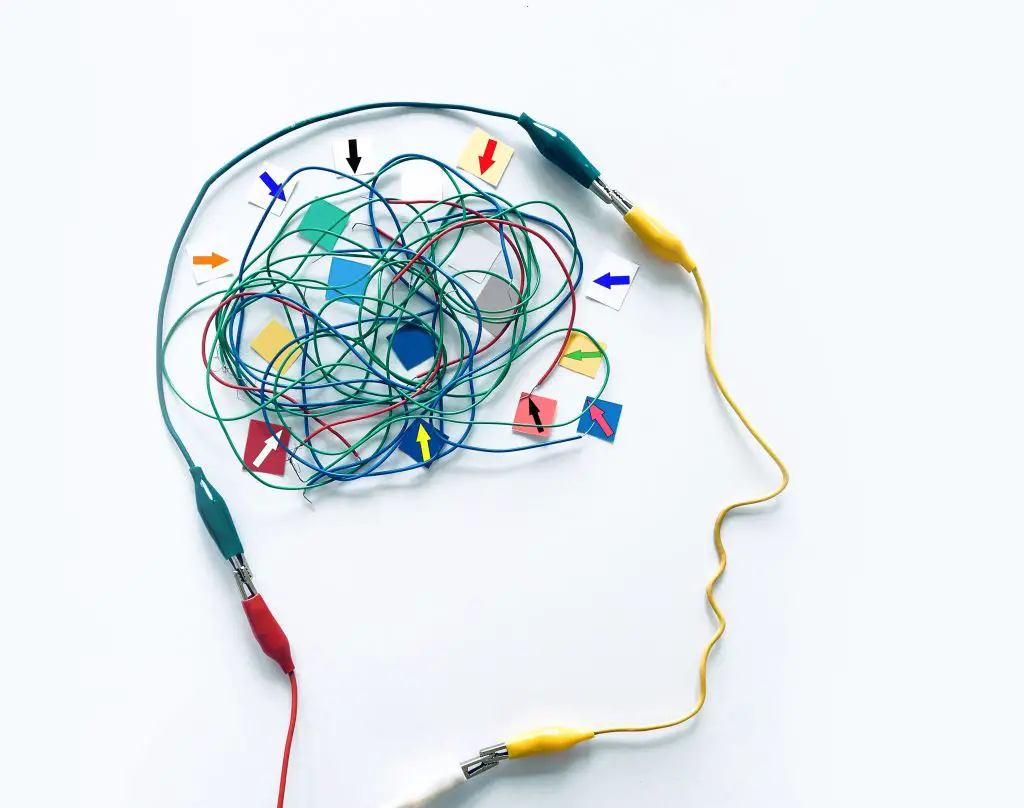Click here to get this post in PDF
In modern workplaces where efficiency and focus are essential, understanding how different minds operate has become a key part of effective management. Among the most commonly misunderstood conditions affecting adults today is Attention Deficit Hyperactivity Disorder, better known as ADHD.
While often associated with childhood, ADHD frequently continues into adulthood, influencing work habits, communication and performance. Recognising the signs in employees or colleagues can make a major difference not only to individual wellbeing but also to the success of a business.
Understanding Adult ADHD
Adult ADHD is a neurodevelopmental condition that affects attention, organisation, impulse control and emotional regulation. Many adults who live with ADHD go undiagnosed for years because their symptoms may not fit the stereotypical image of a hyperactive child. Instead, adults often experience subtler difficulties such as forgetfulness, restlessness, poor time management or difficulty following through on tasks.
According to the World Health Organization, approximately 2.8% of adults globally are estimated to have ADHD. However, experts believe that the actual number may be higher, as many adults remain undiagnosed or misdiagnosed with anxiety or mood disorders instead.
In a workplace setting, undetected ADHD can lead to frustration, burnout, and underperformance, particularly if employees feel misunderstood or unsupported. On the other hand, when recognised and managed properly, individuals with ADHD often bring creativity, energy, and innovative thinking to their teams.
Common Signs of ADHD in the Workplace
Recognising ADHD in adults requires sensitivity and understanding. The symptoms can vary greatly from person to person, but there are several common patterns that managers and colleagues might notice.
1. Difficulty with Focus and Task Completion
An employee may struggle to concentrate on routine or repetitive tasks but thrive in situations that require creativity or quick thinking. They may begin multiple projects with enthusiasm but find it difficult to complete them on time.
2. Poor Organisation and Time Management
Missed deadlines, misplaced items or messy desks can sometimes signal deeper issues with executive functioning rather than carelessness. Individuals with ADHD often describe feeling mentally cluttered, even when they are working hard to stay organised.
3. Impulsivity and Restlessness
This may appear as interrupting others during meetings, speaking without filtering thoughts, or frequently shifting focus between tasks. In some cases, employees might seek stimulation through multitasking, which can make them seem distracted.
4. Emotional Sensitivity
Adults with ADHD may experience emotions more intensely than others. They can become easily frustrated, especially in high-pressure environments, and may take criticism personally. However, they also tend to be highly empathetic and passionate when motivated.
5. Inconsistent Performance
One of the most confusing aspects for employers is inconsistency. A person with ADHD might produce outstanding work one day and struggle to complete basic tasks the next. This variability often stems from difficulty regulating attention and managing executive functions.
Why Adult ADHD Assessments Matter
Recognising the signs is only the first step. Proper adult ADHD assessments provide clarity, validation and a foundation for effective support. For the individual, an assessment can explain lifelong challenges that may have been misinterpreted as laziness or lack of discipline. For employers, it allows for better understanding and accommodation within the workplace.
A comprehensive assessment typically includes a detailed clinical interview, standardised questionnaires, and sometimes collateral information from family or close colleagues. The goal is not to label someone but to identify patterns that affect their daily functioning.
Once a diagnosis is confirmed, practical interventions can begin. These might include coaching, time management strategies, structured routines or medication when appropriate. Many adults report that understanding their diagnosis is life-changing because it allows them to reframe their difficulties as manageable traits rather than personal flaws.
The Business Benefits of Recognition and Support
Supporting employees with ADHD is not just a matter of compassion but also of productivity and retention. When workplaces acknowledge neurodiversity, they tap into a broader range of skills and perspectives. Individuals with ADHD often excel in creative problem-solving, high-energy environments, and roles that require adaptability.
By promoting understanding and offering adjustments, such as flexible working hours, quiet workspaces or clear communication structures, businesses can reduce frustration and unlock the potential of talented individuals who think differently. This leads to higher morale and stronger overall performance.
Workplaces that encourage open dialogue about mental health also benefit from improved team trust. Employees who feel supported are more likely to stay engaged, loyal, and motivated to perform at their best.
Creating a Supportive Environment
Employers can take simple steps to make their workplaces more inclusive for people with ADHD. Encouraging regular check-ins, offering task prioritisation tools and providing training on neurodiversity awareness can make a substantial difference. It is also helpful to ensure that human resources departments are familiar with referral routes for ADHD assessments so that staff can access professional guidance quickly and discreetly.
Managers should aim to foster an environment where employees feel comfortable discussing their challenges without fear of stigma. This openness allows for practical adjustments that can enhance both individual and team outcomes.
A Path Toward Greater Understanding
Adult ADHD is far more common than many people realise, and its impact on the workplace can be significant. The good news is that awareness and understanding are growing. With the right recognition and support, adults with ADHD can thrive, contributing energy, creativity and strategic insight to any business.
Spotting the signs early and encouraging professional ADHD assessments can transform not just individual careers but entire organisations. A workplace that values neurodiversity is one that values people and when people are understood and supported, productivity naturally follows.
Also read:
St. John’s Community Health on Breaking the Stigma: Expanding Behavioral and Mental Health Services
Image source: elements.envato.com

